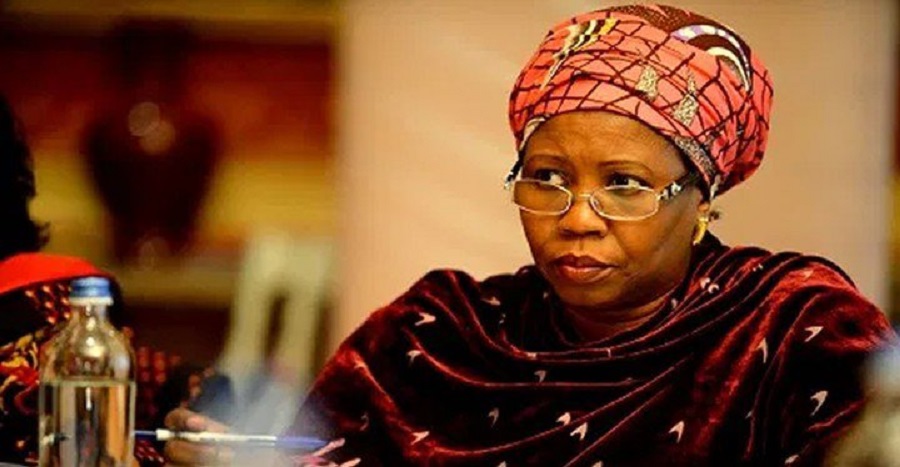The Federal Government declared that it is working with stakeholders to improve MSME participation in the economy through improving the business climate which will create jobs.
This was disclosed by Amb. Mariam Katagum, Minister of State for Industry, Trade and Investment, at the 7th EMPRETEC Global Summit, on Tuesday, themed “The Role of Entrepreneurship, MSME and EMPRETEC in post-COVID-19 Resurgence.”
The Minister stated that the MSME sector of the economy is the growth engine of any economy which contributes to its development, job creation and export, amongst others.
“An MSMEs survey indicates that Nigeria’s SMEs contribute nearly 50 percent of the country’s GDP and account for over 80 percent of employment. No doubt, the sector is pivotal to Nigeria’s growth, including reducing poverty and unemployment levels.
It has, therefore, become more apparent that supporting entrepreneurs and small businesses by creating opportunities for MSMEs to thrive is essential for increasing productivity, creating jobs, and boosting our economy.
This is why the Government is working with stakeholders across all sectors, to create the enabling environment for entrepreneurs and MSMEs to ensure that they grow now and into the future,” she stated.
On economic sustainability
The Minister said that the FG has schemes aimed at improving the post-pandemic climate for SMEs in Nigeria. She also disclosed that the FG launched the National Policy on Micro, Small and Medium Enterprises (MSMEs), a framework for the resolution of the challenges faced by the sector.
The programmes launched by the FG includes the Survival Fund and Guaranteed Off-take Schemes, operated by a Steering Committee in the Ministry of Industry, Trade and Investment.
“The Government of Nigeria had, prior to the outbreak of COVID-19, initiated the MSMEs Clinics scheme as a strategy, aimed at providing support for the MSMEs in the country.
At the clinics, operators in the MSMEs space are engaged by regulators and business advisory experts, on issues ranging from entrepreneurship, skill development, finance, quality & standards, and on how to facilitate and grow their businesses and enterprises,” she added.
What you should know
Nigeria’s unemployment rate as of the end of 2020 rose to 33.3% from 27.1% recorded as of Q2 2020, indicating that about 23,187,389 (23.2 million) Nigerians remain unemployed.
A combination of both the unemployment and underemployment rate for the reference period gave a figure of 56.1%. This means that 33.3% of the labour force in Nigeria or 23,187,389 persons either did nothing or worked for less than 20 hours a week, making them unemployed by our definition in Nigeria.























